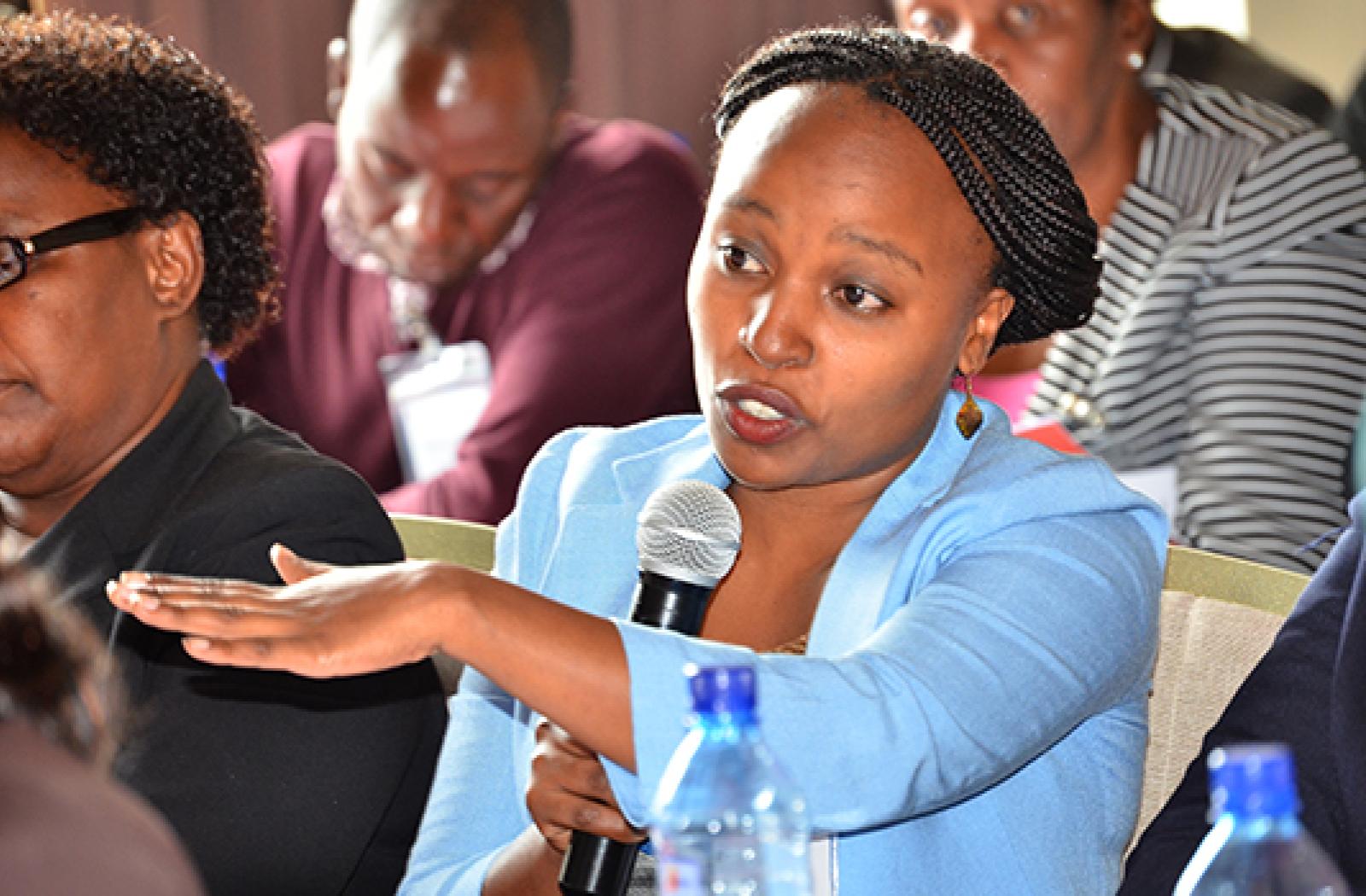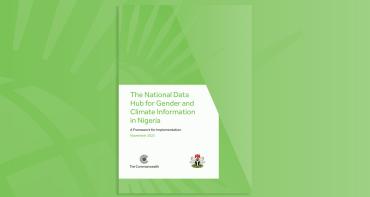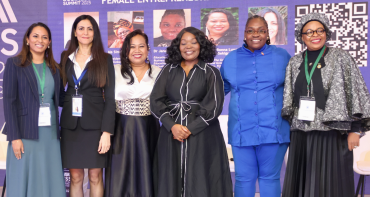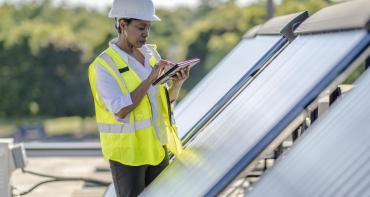Commonwealth women’s affairs ministers will assemble in Nairobi on 19 and 20 September for their triennial meeting to consider a robust strategy to achieve gender equality goals in all 53 member countries by 2030.

Commonwealth women’s affairs ministers will assemble in Nairobi on 19 and 20 September for their triennial meeting to consider a robust strategy to achieve gender equality goals in all 53 member countries by 2030.
The strategy will include provisions to help increase women’s access to leadership, to achieve a minimum number of years of free quality education, to boost family planning and health services and to ensure legal protection from violence.
This will be the 12th Women’s Affairs Ministers Meeting, which will be chaired by Margaret Kobia, Cabinet Secretary of Kenya’s Ministry of Public Service, Youth and Gender. Ministers and senior officials will discuss topical issues hampering women’s progress, including sexual and reproductive health rights and anti-discriminatory laws in the economic sector.
Commonwealth Secretary-General Patricia Scotland said: “The meeting is an immensely valuable opportunity for our member countries collectively to monitor and evaluate progress towards achieving Commonwealth priorities on gender equality and attainments under Sustainable Development Goal 5 and related national or regional commitments.
“Recommendations and decisions made by ministers at the meeting will help to shape innovative Commonwealth approaches to accelerate gender equality, which is such a vital part of the 2030 Agenda for Sustainable Development.
“Assessing progress is particularly important as we prepare for the 25th anniversaries of the International Conference on Population and Development and the adoption of the Beijing Declaration and Platform for Action.”
Ministers will be presented with a summary on the status of gender equality in the Commonwealth in four priority areas: women in leadership, women’s economic empowerment, ending violence against women and girls, and gender and climate change.
The summary reveals ‘impressive improvements’ in areas such as maternal health, primary education and women’s participation in the workforce. However, in some domains, women’s status has remained ‘stagnant or even declined’. It indicates that in 13 Commonwealth countries, the significant marker of 30 per cent or more women in parliament has been achieved, plus gender parity in primary school enrolments is close to being attained.
Professor Kobia said: “This meeting provides a platform to strategise on emerging gender issues by examining critical areas that still require further attention; share experiences and lessons learned; and forge common positions for accelerating gender equality and empowerment of women and girls.”
On 19 September, the Secretary-General will launch the Case Law Handbook on Violence Against Women and Girls in Commonwealth East Africa. The publication is designed to enhance the capacity of judicial officers to proactively protect the rights of women and girls in Kenya, Rwanda, Tanzania and Uganda.
Amelia Kinahoi Siamomua, head of gender at the Commonwealth, said: “It has been a quarter-century since the adoption of the 1995 Beijing Platform for Action. 2020 will continue a process initiated in that year at all levels, to reflect on some of the unfinished and new business in the global agenda for gender equality and women’s rights.
“The meeting provides that platform for the Commonwealth to reflect on what has worked and what needs to accelerate to reduce gender, race, and other inequalities. All women and girls in the Commonwealth matter.”
Ahead of the meeting, a civil society roundtable and a senior officials meeting will be held from 16-18 September, conclusions of which will be presented to the ministers.
More information on the Commonwealth Women's Affairs Ministers Meeting



